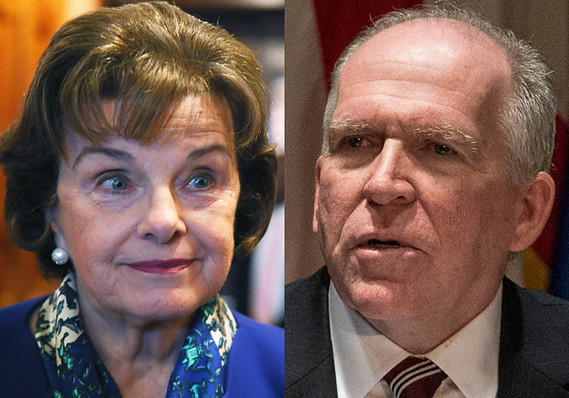Since When Are Liberals against Investigating the CIA and FBI?
Was there ever a time when Americans had unquestioning faith in federal law-enforcement agencies? Maybe in the days before Vietnam and Watergate, most citizens did believe that those in charge…





